Communities Considering CDBG Water/Sewer Applications Should Begin Planning Now
Project planning is essential for funding success. Communities with water or sewer project needs that are considering an application to the Community Development Block Grant program should start planning now for next year’s funding round.
Beginning with the FY 2021 competitive round of funding due this fall, all water and sewer projects over $3 million total cost must have final design plans and specs submitted to KDHE before the application deadline. This new guideline could add to the timeline for applying.
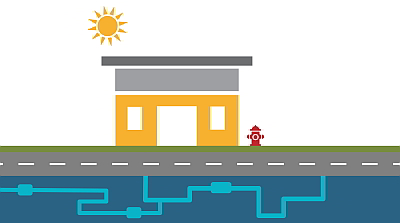
“Cities will need to be in communication with their engineers much earlier on in the process in order to get the design submitted to KDHE before applying for CDBG grants in the fall,” Amanda Horn, NCRPC Community Development Specialist, said. “Our advice would be to get in touch with us and the engineers as soon as possible if they have any water or sewer needs for the FY2022 year to start the process for full Preliminary Engineering Report and design.”
The NCRPC staff can also help cities determine if they meet Low-to-Moderate Income (LMI) eligibility criteria, discuss potential funding options, procure an engineer if needed, and make an informed decision when the time is right. Examples of eligible activities for the water and sewer funding category include water distribution systems, sewer systems, lagoons, wastewater treatment plants, and water treatment plants.
All applicants for water or sewer grants must also meet with the Kansas Interagency Advisory Committee (KIAC) prior to the application due date. These meetings can fill quickly — another reason for early planning.
To learn more, visit Kansas Department of Commerce or contact Amanda Horn or Emily Benedick at the NCRPC to discuss your project needs.
This article appeared in the July 2020 NCRPC Newsletter.



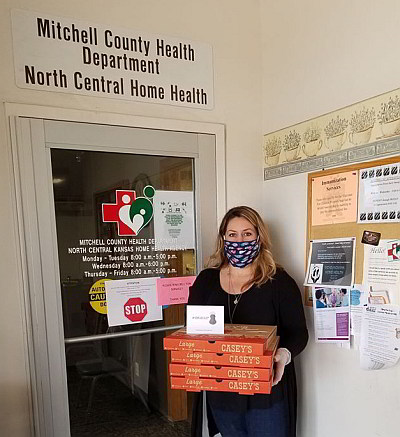


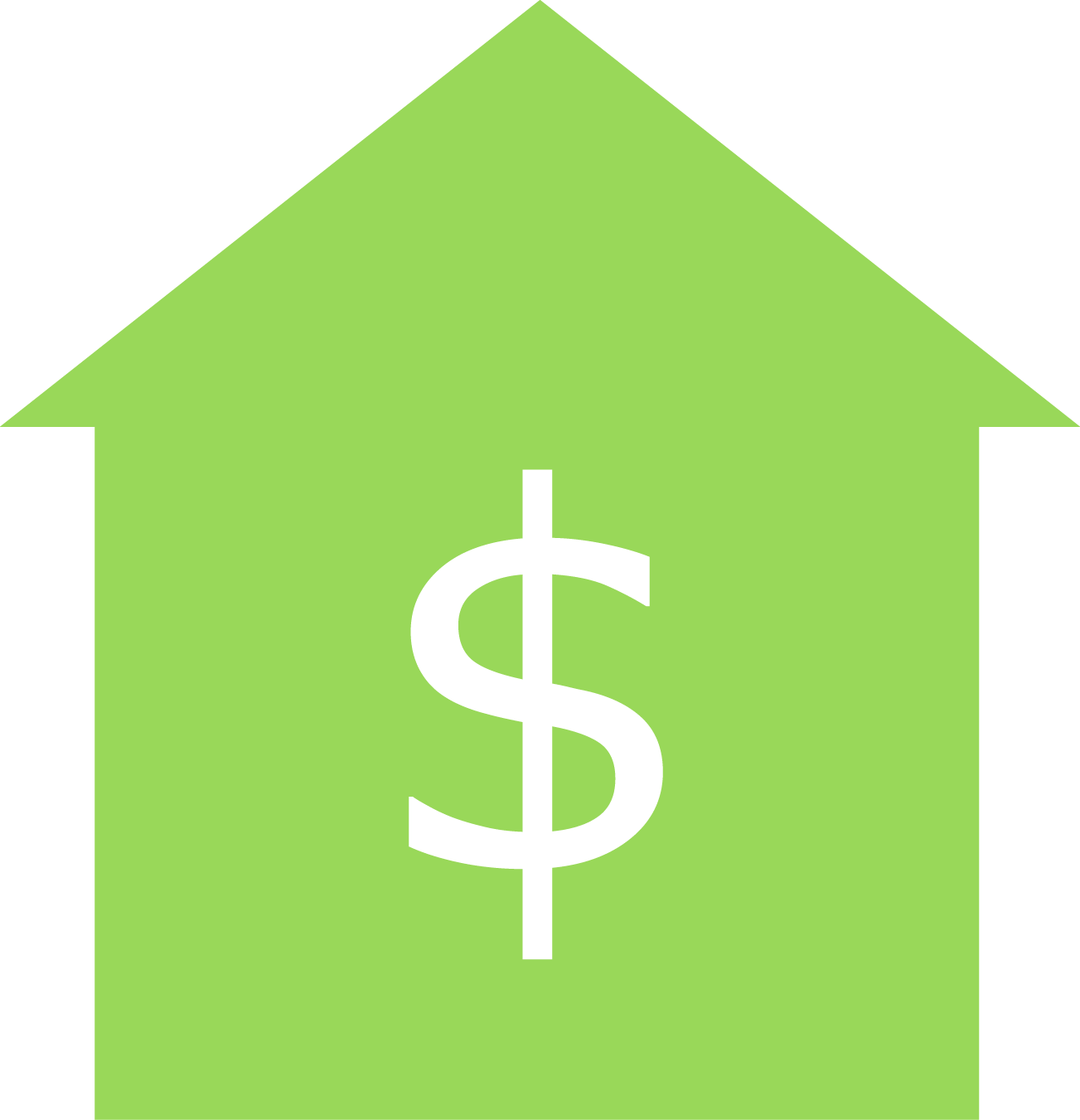
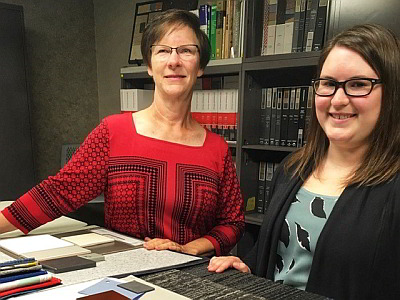
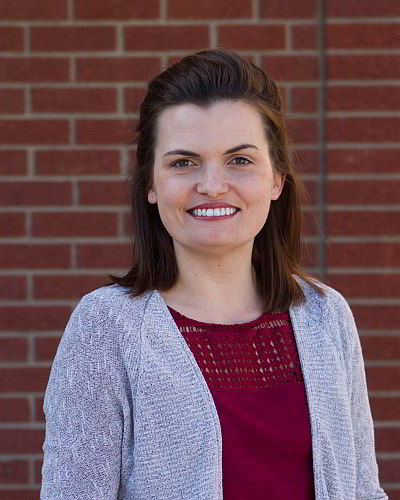 The North Central Regional Planning Commission Executive Board has named Emily Benedick as the organization’s new Executive Director.
The North Central Regional Planning Commission Executive Board has named Emily Benedick as the organization’s new Executive Director.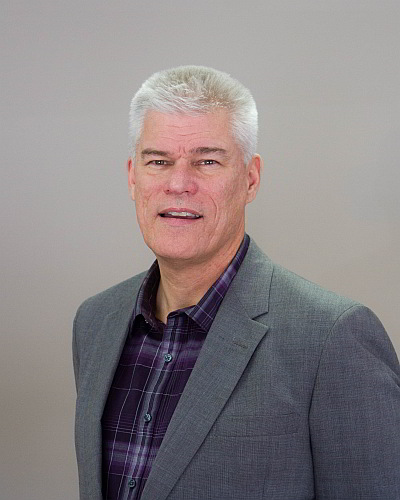 As many of you know by now, I am stepping down as Executive Director of the North Central Regional Planning Commission soon. It is time to place more focus on ailing family members and other important matters.
As many of you know by now, I am stepping down as Executive Director of the North Central Regional Planning Commission soon. It is time to place more focus on ailing family members and other important matters.